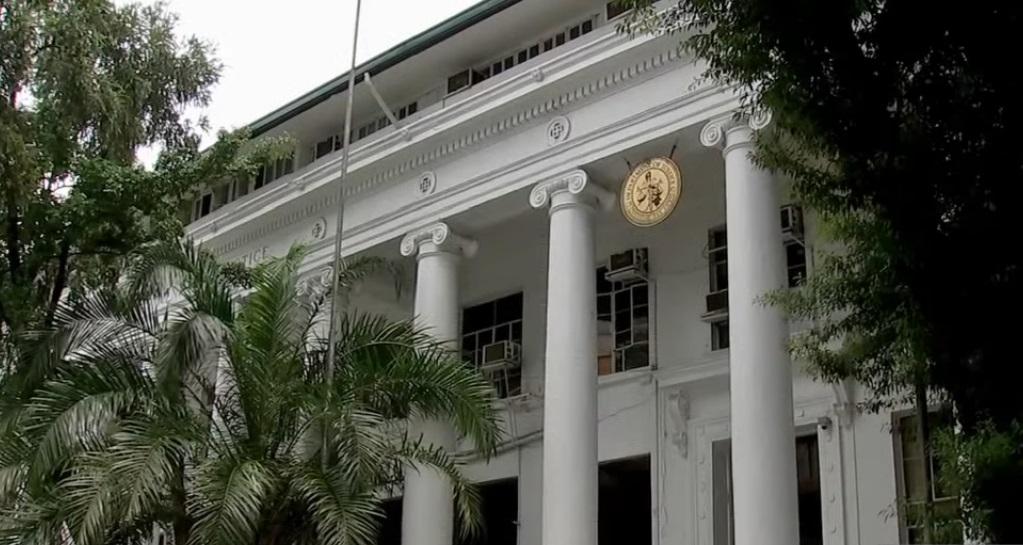Anti-terror law provisions can still be challenged —DOJ exec

The constitutionality of provisions in the Anti-Terrorism Act of 2020 could still be challenged by parties concerned "as cases arise," the Department of Justice said Friday following the Supreme Court's junking of motions for reconsideration on its ruling.
"Ang sinasabi ng Korte Suprema rito, although constitutional siya sa ngayon, 'yung constitutionality ng certain provisions of the law may be challenged as cases arise," DOJ undersecretary Adrian Sugay said at the Laging Handa briefing.
(What the Supreme Court is saying is, although the law is constitutional as of now, the constitutionality of its certain provisions may be challenged as cases arise.)
"Sa aming palagay, kunwari ikaw ay nakasuhan under the Anti-Terror Act of 2020, puwede mong kuwestiyunin, ito bang aking ginagawa ay naaayon dito sa Anti-Terror Act?' O 'yung pag-implement ba ng law enforcement agency na involved dito sa ginagawa ko na exercise ng civil and political rights, is violative of my constitutional rights?" Sugay pointed out.
(For example, if you are charged under the Anti-Terror Act of 2020, you could question if what you are doing is in accordance with the Anti-Terror Act. Or you could also question whether the implementation of the law enforcement agency involved in your exercise of civil and political rights is violative of your constitutional rights.)
Sugay said the constitutionality of the act may still be questioned "based on the specific criminal act for which a person is being charged with, or is being complained against."
Sugay assured the public there are enough safeguards in the law, following concerns that it may be abused and used against some supporters and candidates ahead of the May 9 elections.
At the en banc session earlier this week, the Supreme Court voted to reject six motions for reconsideration due to the “lack of substantial issues and arguments raised by the petitioners” on the court ruling issued in December last year.
“The Members of the Court maintained their vote in their December 7, 2021 Decision, which was penned by then-Associate Justice and now Philippine Judicial Academy Chancellor Rosmari D. Carandang,” the SC said in a media advisory.
To recall, the SC declared only two parts of the Anti-Terrorism Act of 2020 as unconstitutional following months of oral arguments.
One, is the qualifier under Section 4, stating that dissent is not terrorism if it is not meant to cause death or serious physical harm to a person, endanger a person's life, or create a serious risk to public safety.
Another, is the Anti-Terrorism Council's authority to adopt a request for designation by foreign jurisdictions was also struck down by the justices as unconstitutional.
On March, 26 out of the 37 petitioners who challenged the Anti-Terror Law filed a joint motion for reconsideration to ask the SC to reverse the ruling. —LBG, GMA News



